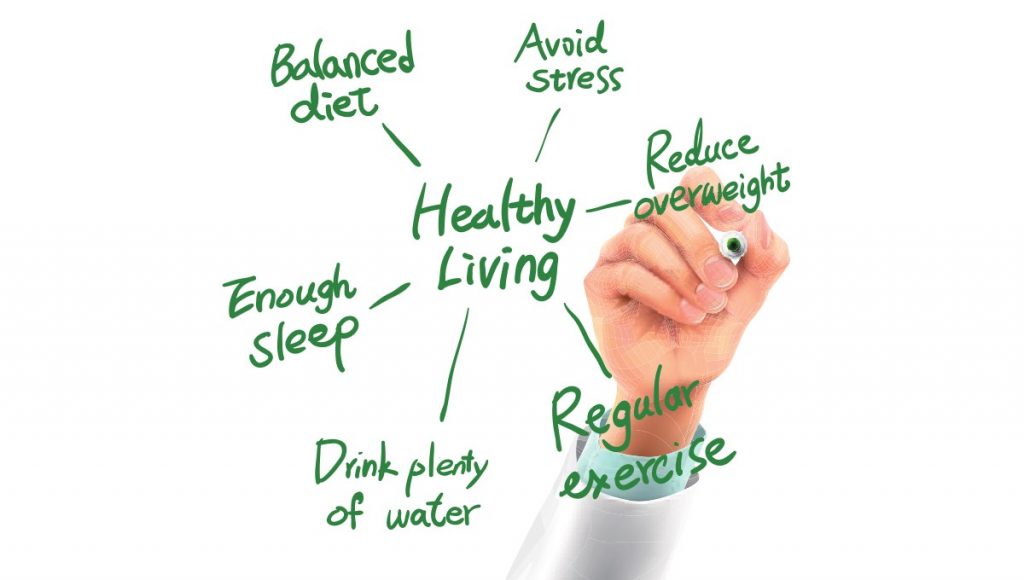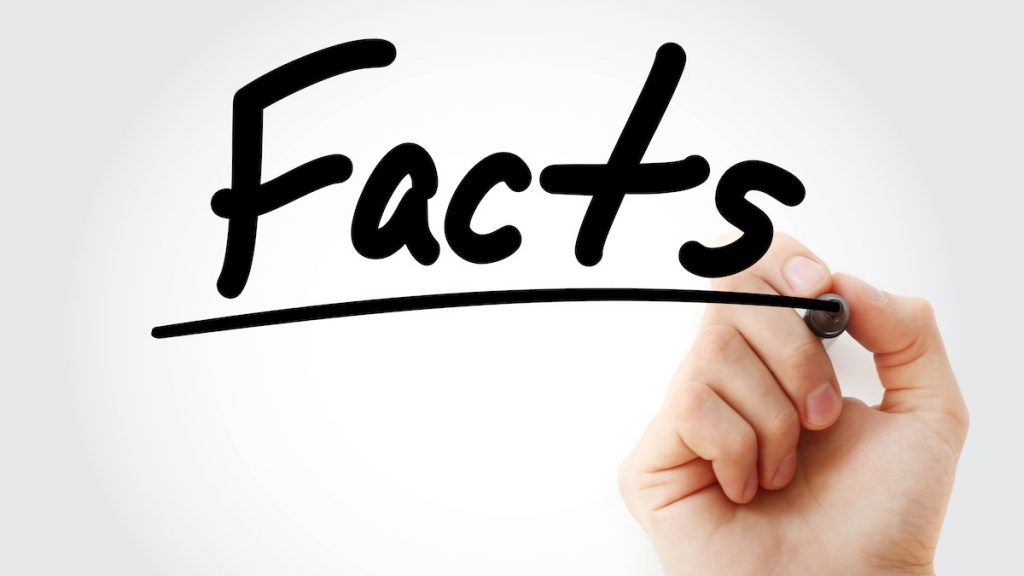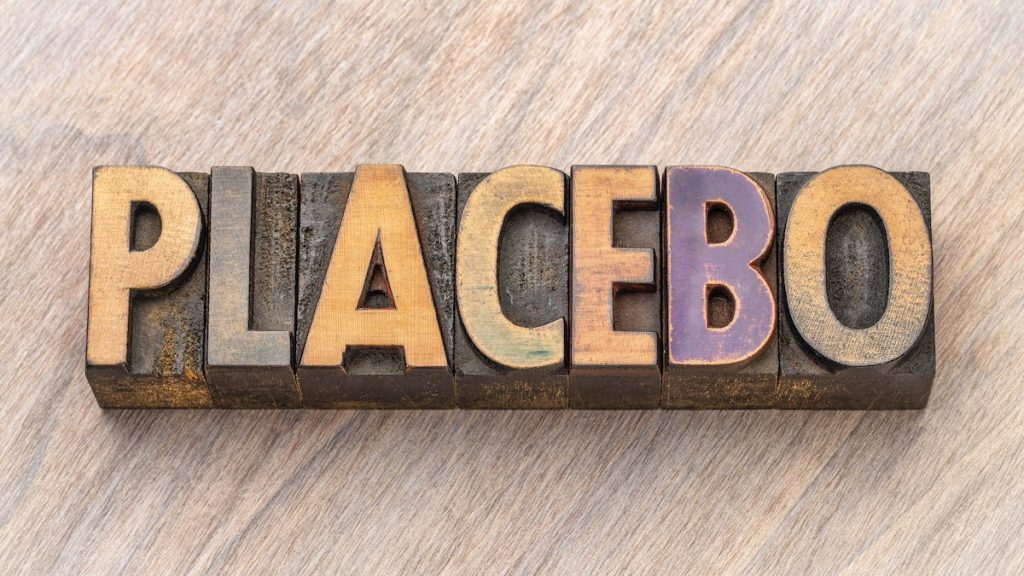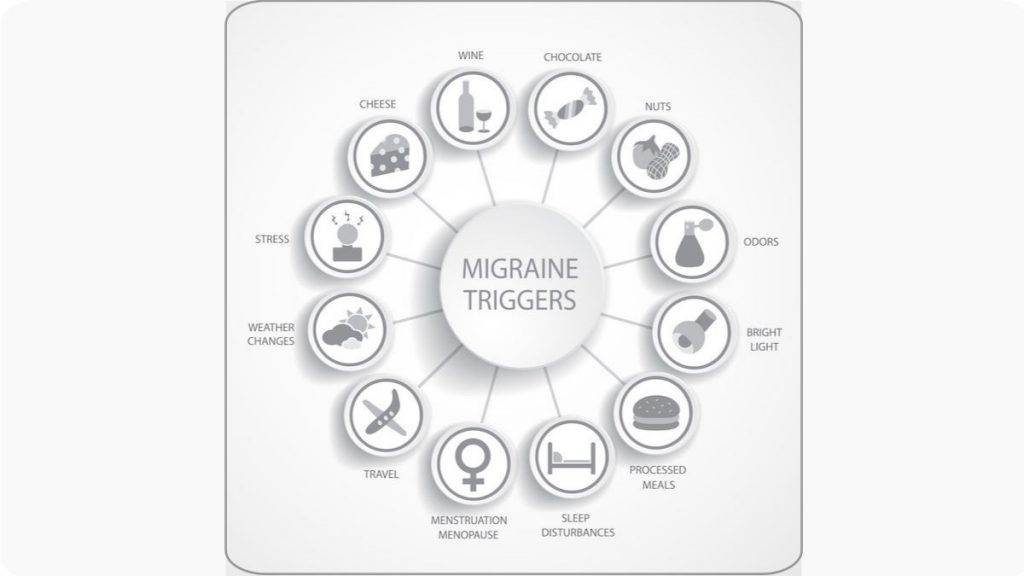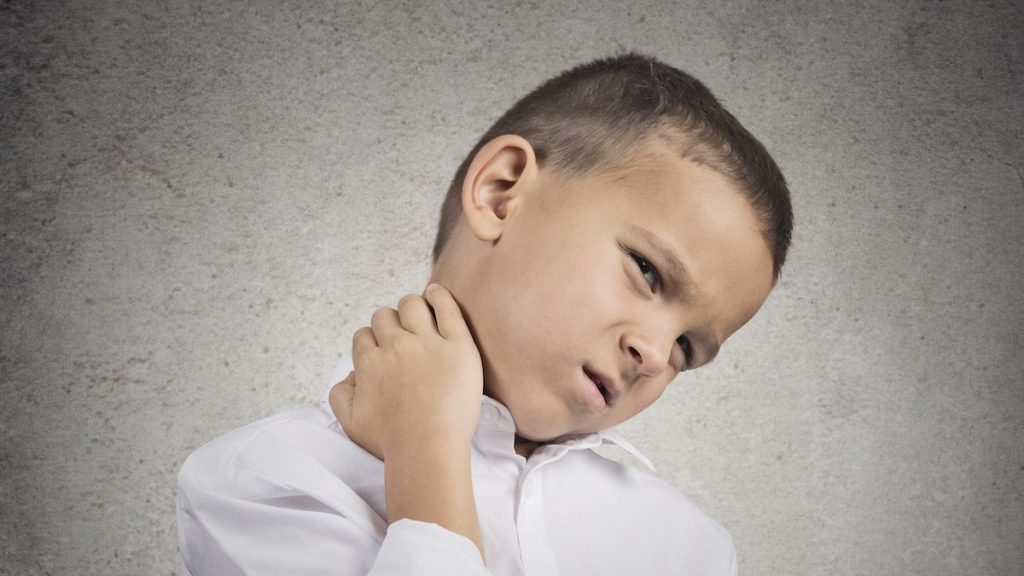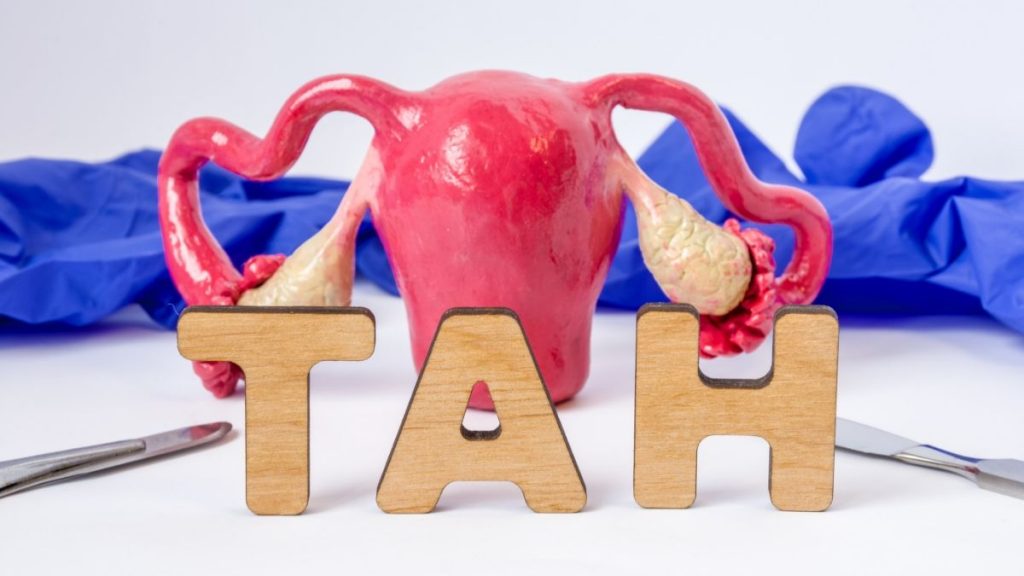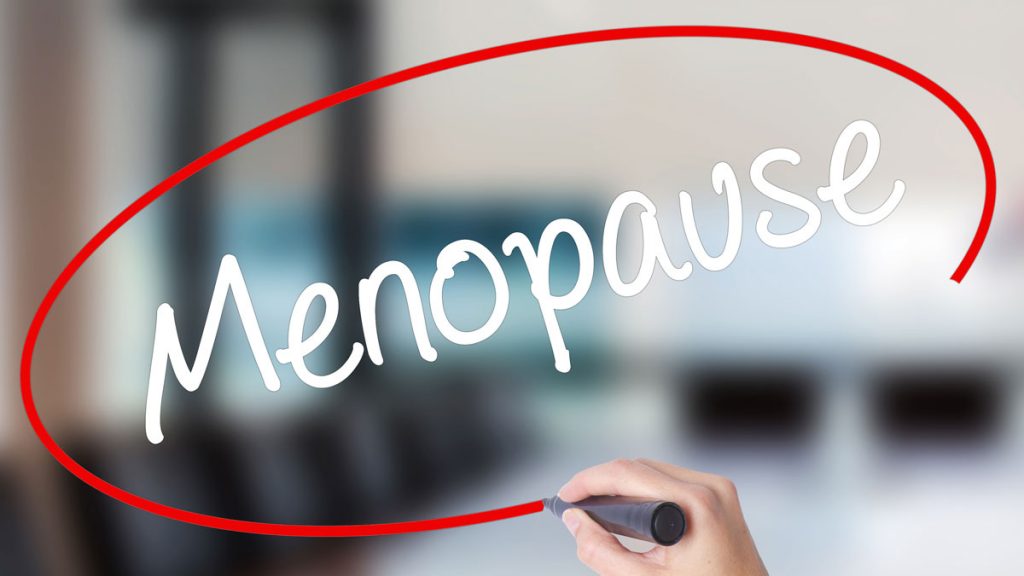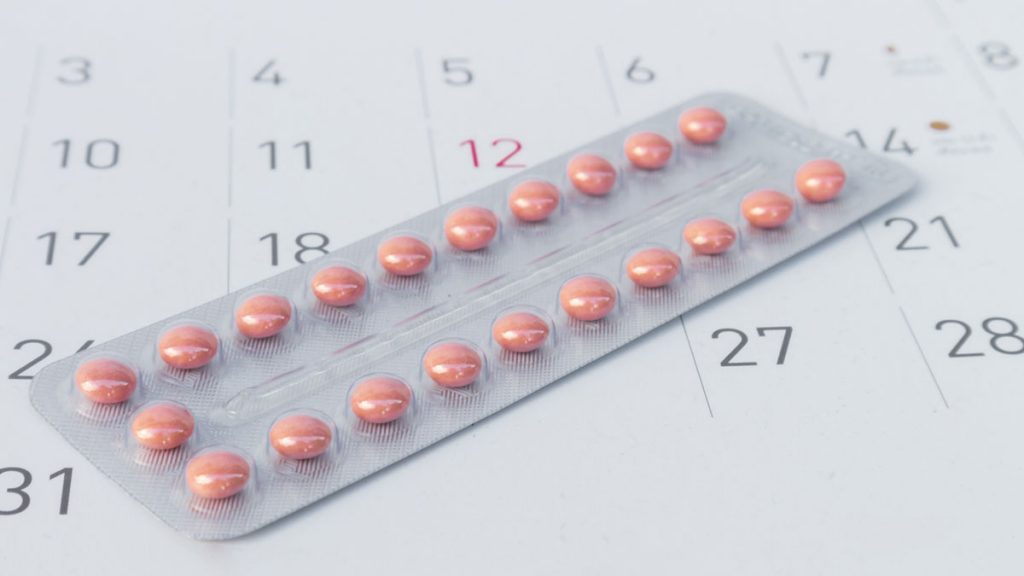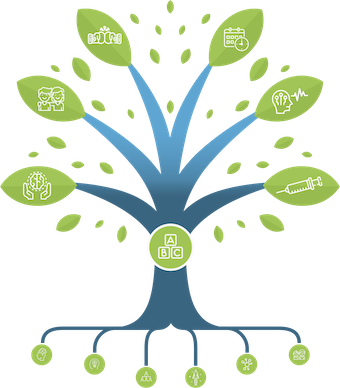Taking care of the person with migraine for health care providers
(If you are a patient, you can show this to your health care provider!) Creating a positive relationship and working alliance with your patient is an important step to getting the information you need to care for people with migraines. Remember this is team…
How to adopt a migraine-friendly lifestyle
Changing your lifestyle can improve your migraines, but it can be hard. Here are some tips on how to make the changes that you want to improve your health and migraines. 1. Look at the options on the Migraine Tree And pick some areas where…
Migraine: Facts, Fiction, and Frequently Asked Questions
Migraine is a very common health problem. It’s not surprising that myths on migraine are also common! Let debunk some of those false ideas that are still heard frequently. FICTION: A migraine is just a bad headache. FACT: Migraine is a neurological disorder and one…
What is the placebo effect and why is it important?
What is a placebo response? A placebo response is an improvement in symptoms after treatment that would not normally help the condition, such as a sugar pill or a fake (“sham”) injection. Why would migraine get better with a sugar pill or sham injection? Biological…
Triggers: avoid them or cope with them?
What are migraine triggers? Migraine triggers are things you come in contact with that your brain reacts to by starting a migraine attack. These things can be inside your body, like hormones and feelings, or outside of you, like weather changes and smells. Things inside…
The Ping Pong theory : is migraine a cause or a consequence?
Is my stress causing my migraines? I find that having migraines is one major cause of stress for me! And these neck tensions…cause or consequence of migraine? As you have might have read, the migraine brain is a complex organ with a very particular software….
The cause of migraine: it’s all in your brain! The electrical and chemical sides of migraine
Migraine is not an imaginary problem. Migraine is a neurological disease. The next time someone tells you that migraine is «all in your head», do not hesitate to explain that migraine is a neurological disease with genetic components and with electrical and neurochemical mechanisms. Tell…
Infant colic and migraine
What is infant colic? Infant colic is excessive crying in an otherwise healthy and well fed infant. It affects 5-19% of babies. Colicky crying usually peaks around 6 weeks of life and disappears by 3-4 months of age. More recent evidence shows that children with…
Benign Paroxysmal Torticollis
What is benign paroxysmal torticollis? Benign paroxysmal torticollis (BPT) begins during infancy and early childhood. Children with BPT presents with repeated attacks of head tilting (torticollis) with side switching between attacks. The attacks tend to occur with a certain predictable pattern (ex. monthly). This condition…
Abdominal Migraine
What is abdominal migraine? Abdominal migraine is a type of childhood migraine variant which usually begins in school-aged children 4-7 years of age (See this post). It is described as recurrent bouts of moderate to severe “tummy” pain. The majority of patients report a family…
Cyclic Vomiting Syndrome
What is cyclic vomiting syndrome? Cyclic vomiting syndrome is an episodic syndrome that may be associated with migraine (See this post). Patients present with stereotyped and repeated attacks of intense nausea and vomiting, which often occur with predictable and cyclical timing. Other symptoms include abdominal…
Women, hormones and migraine: an overview
Research has shown that women are 3 times more likely to have migraines than men. This is because hormones are linked to migraines. What are the links between hormones and migraines? There have been lots of medical research regarding hormones and their effect on migraines….
Should I have my uterus removed to treat migraine
What are the functions of the uterus, fallopian tubes and ovaries? The uterus, fallopian tubes and ovaries are reproductive organs: they are required to have a baby. The ovaries produce hormones such as estrogen and progesterone. The ovaries also produce the egg. The fallopian tubes…
Pregnancy and Migraine
** Pregnancy is a sensitive situation in medicine. Please discuss any question with your health care provider before making health decisions. Migraine commonly occurs during a women’s reproductive years. Treating migraine during pregnancy can be challenging as the migraine pattern may change, and most importantly…
What is menstrual migraine?
Menstrual migraines are headaches that are associated with your period (menstrual cycle). During a specific time of your period, hormone levels such as estrogen drops which can trigger migraine headaches. What is the medical definition of menstrual migraine? If you are experiencing more painful headaches…
Menopause and Migraine
What is menopause? This is the time in a woman’s life where her periods stop as the levels of hormones including estrogen and progesterone goes down. Menopause typically occurs between the age of 45-55. On average, the age of menopause is 51 years. You may…
Contraception and Migraine
Women have 3 times higher risk of having migraine than men. Reasons for this include hormonal fluctuations and genetic factors. Migraine may be a lifetime disorder especially for women and can be troublesome during their reproductive years (i.e. start of menses to menopause). During these…
Early life expressions of migraine
Which early life conditions may be related to migraine? There are a few conditions named «episodic syndromes that may be associated with migraine». These were previously called «childhood migraine equivalents» because they are associated with migraine in adulthood and share common points with migraine. In…
How to use a Migraine Diary
«Migraine is invisible on an MRI…but it is very visible on a diary» Let’s face it, monitoring migraine is important. During your migraine journey, you will try different treatments, and it will be very important to observe what is going on. Of course, if you…
Top Ten Facts on Migraine for Beginners
1. Migraine is a real neurological disease Okay, we feel like we must repeat this one over and over again. Migraine is still perceived in many parts of the world as a psychiatric disease, or as a made-up excuse to avoid work or social interactions….
Categories
THE MIGRAINE TREE
- BRANCHES
- ACUTE TREATMENTS
- DEVICES AND NEUROMULATIOIN
- PREVENTIVE TREATMENTS
- PROCEDURES AND INJECTIONS
- SELF-CARE AND LIFESTYLE
- SOCIAL LIFE
- TRUNK
- ROOTS
OTHER CATEGORIES



